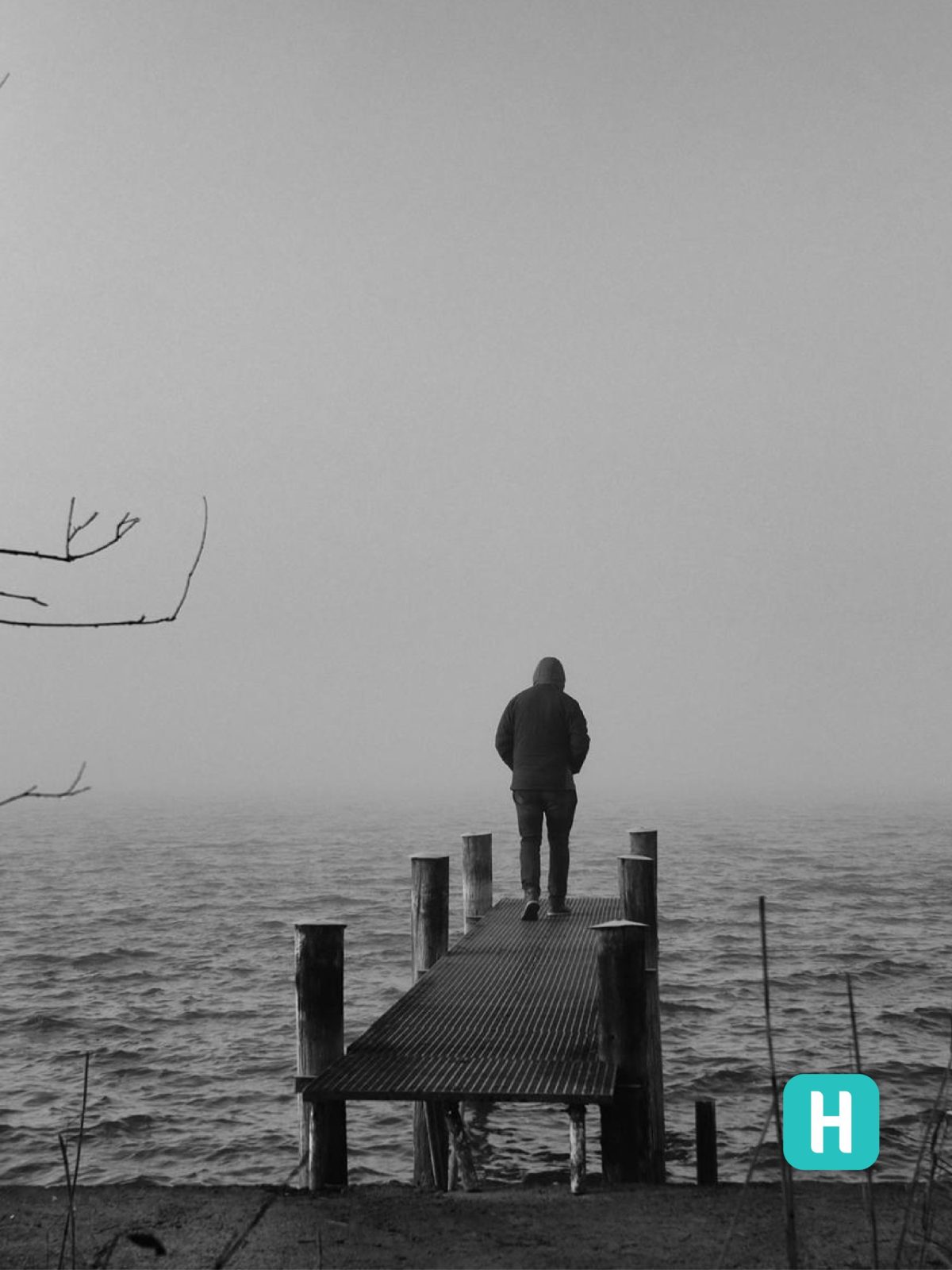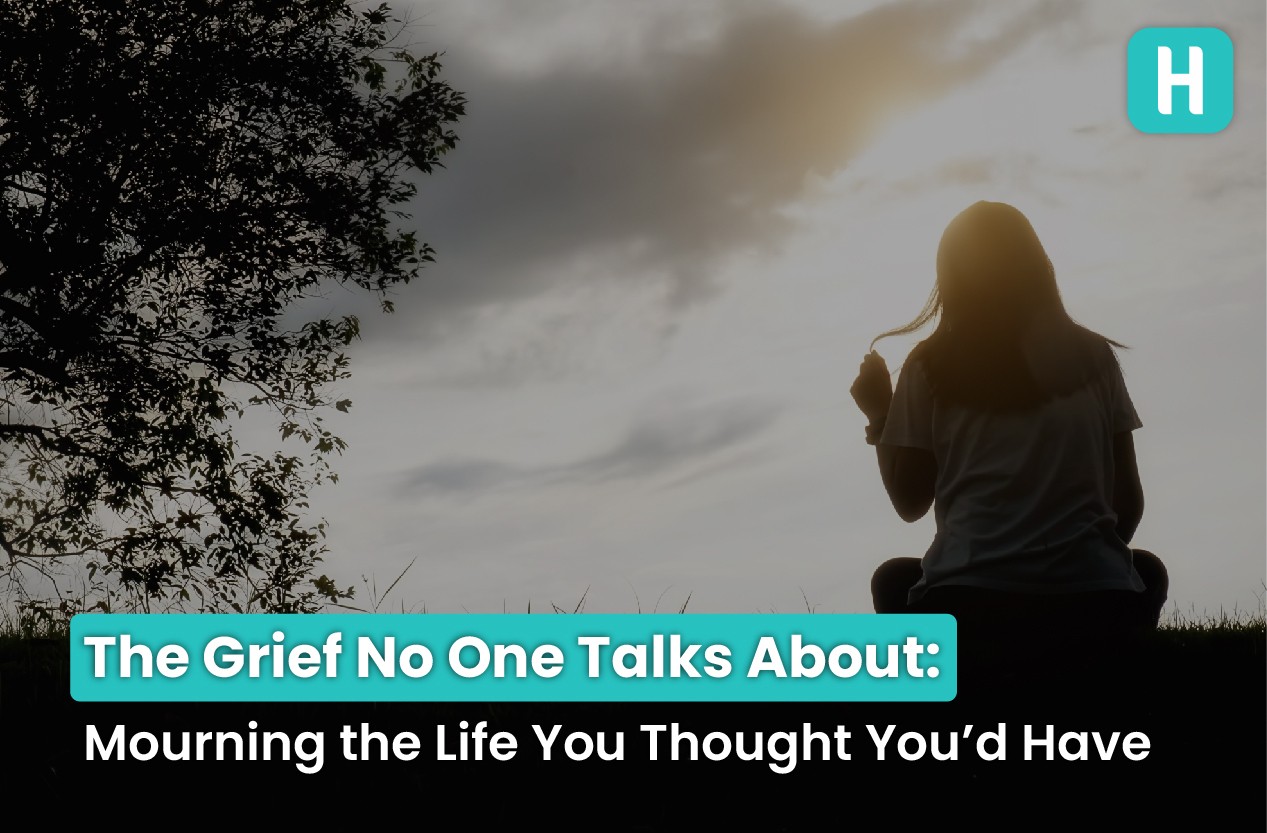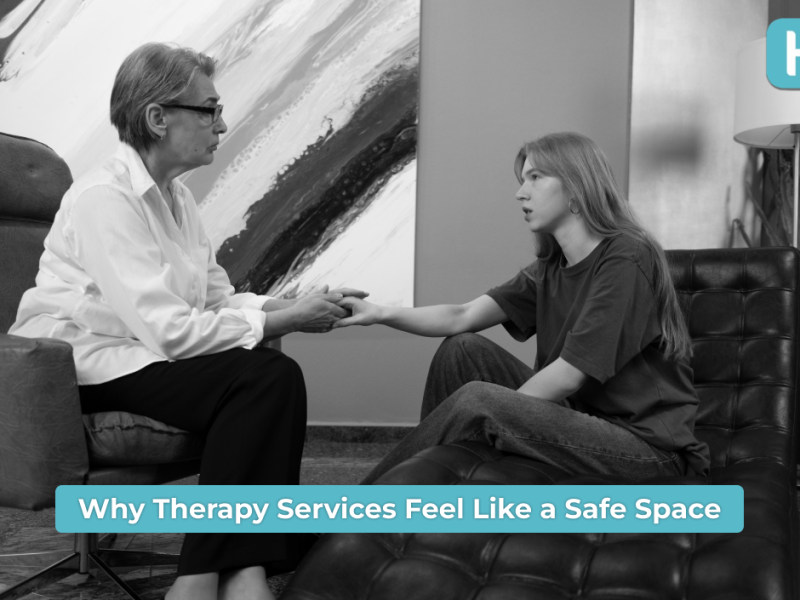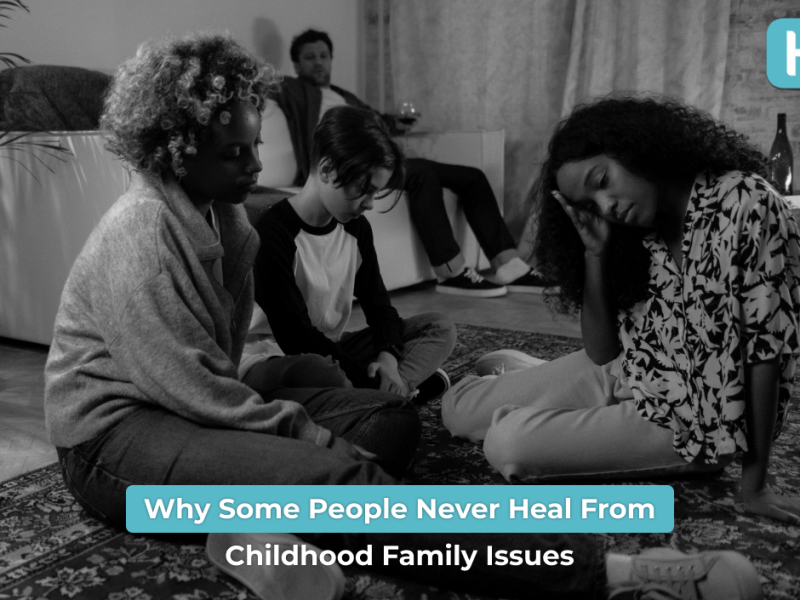The Grief No One Talks About: Mourning the Life You Thought You’d Have
It Wasn’t a Death—So Why Does It Hurt So Much?
You didn’t lose someone.
No one sent flowers.
No one asked how you’re holding up.
There wasn’t a single condolence message.
But deep inside… It still hurts.
Because what you lost was the version of your life you thought you’d have.
The one where you had the dream job.
The one where you were married by now.
The one where you had kids, or traveled the world, or just felt happy waking up every morning.
But life had other plans.
And now you’re left holding invisible pieces of a dream no one else saw fall apart.
The Secret Grief That Lives in Silence
No one talks about this grief. But it’s real.
You scroll through social media.
You see engagement announcements, business launches, vacation photos with happy captions.
And something in your chest tightens.
You’re not jealous. Not exactly.
You’re just… hurting.
Hurting for the person you thought you’d be by now.
That version of you who had it “all figured out.”
That timeline you built in your mind—where by 30 you’d be there.
Wherever there was.
Is It Just Me?” No. You’re Not Alone
You’d be shocked how many people are grieving the life they thought they’d have—quietly, painfully, and without ever naming it.
A global mental health survey in 2023 revealed that:
- 72% of people feel they’ve “fallen behind” on life milestones.
- Most of them never talk about it—not even with loved ones.
That’s millions of people walking around, looking fine on the outside, but carrying a deep ache inside.
A grief no one acknowledges because there was no funeral.
You Can Be Grateful… and Still Grieving
Maybe you have a good job.
A roof over your head.
Friends. A relationship.
And yet, some days you still feel lost.
Like you’re not where you were supposed to be.
That’s not being ungrateful.
That’s being human.
We were all sold a version of life—by movies, school, our families, and even ourselves. And when life doesn’t match that version?
We mourn. Quietly. Alone.
And it eats us alive from the inside.
What This Type of Grief Really Looks Like?
It doesn’t always come in tears.
Sometimes, it looks like:
- Avoiding friends who “have it together”
- Feeling anxious when someone asks, “What’s your plan now?”
- Smiling through conversations, but feeling empty on the ride home
- Comparing your timeline to everyone else’s—and always feeling behind
This is mourning the life you thought you’d have.
It’s the grief that shows up at weddings, baby showers, job promotions—because those moments remind you of what you don’t have.
And that’s okay to admit.
3 Stories You’ll Probably Relate To
- Maria, 36
She thought she’d be a mom by now.
Instead, she’s single, successful, and surrounded by people who assume she chose “the career path.”
But she never chose this version of her life—it just… happened.
And some nights, she cries herself to sleep, mourning a child she never had.
- Hassan, 40
He was supposed to start his own business.
But one financial hit after another kept him stuck in a 9-5.
He provides for his family—but the founder in him is buried under Excel sheets.
Every time he drives past a “For Lease” sign, he wonders what might’ve been.
- Zahra, 31
She imagined herself married by now, maybe living abroad.
Instead, she’s back in her childhood bedroom, battling anxiety, and feeling like she “wasted her 20s.”
She posts happy photos, but deep inside? She’s mourning the woman she thought she’d be.
So… How Do You Grieve Something That Didn’t Happen?
That’s the hardest part.
How do you mourn a future that never became real?
Here’s the answer: You mourn it like any other loss.
💔 Step 1: Say It Out Loud
“I thought I’d be further by now.”
“I wanted something else.”
Just naming it is healing. Seriously.
💭 Step 2: Let Yourself Feel
Anger, regret, sadness, even jealousy. It’s okay.
The only way out of grief… is through it.
✍️ Step 3: Rewrite the Narrative
Your story didn’t end. It just changed direction.
And guess what? Some of the most beautiful chapters come after the “plot twist.”
What Happens If You Ignore This Grief?
Here’s the real, raw truth:
Unprocessed grief becomes:
- Bitterness
- Chronic anxiety
- Decision paralysis
- And sometimes, even physical illness
When we suppress this invisible grief, it doesn’t disappear—it gets stored in the body.
Studies link unresolved life regret to higher stress levels, fatigue, and even lowered immunity.
So no, it’s not just in your head.
Your body knows when your heart is breaking—even if no one else does.

Mourning the Life You Thought You’d Have Isn’t Selfish. It’s Necessary.
You’re allowed to grieve the road not taken.
The child you didn’t have.
The love that never came.
The job that slipped away.
The version of you that only lived in daydreams.
You don’t need permission.
You just need to know: It matters.
And you matter—exactly as you are, even if you’re still becoming.

Helply: For the Grief You Hide Behind a Smile
Not all grief wears black. Some wears lipstick. Some wears suits. Some just scrolls in silence at 2am.
At Helply, we see the grief that others overlook.
Our licensed therapists understand that sometimes, it’s not about healing from something that happened—
but from everything that didn’t.
We help you process this invisible pain.
We help you forgive yourself for not meeting impossible timelines.
We help you dream again—with softness, not pressure.
Let us walk with you—not to get you “back on track”…
but to help you create your own.
Start your healing with Helply. One gentle step at a time.
FAQs
- Can you really grieve something that never happened?
Yes. It’s called disenfranchised grief, and it’s 100% valid. You’re mourning lost dreams, and that’s as real as any other loss.
- Why do I feel guilty for being sad about this?
Because society teaches us to “be thankful.” But gratitude and grief can exist at the same time. Feeling one doesn’t cancel out the other.
- How do I know if I need therapy?
If you’re constantly thinking about “what could’ve been” and it’s affecting your peace, therapy can help you unpack and heal.
- Is it too late to start a new dream?
Never. Dreams aren’t tied to age—they’re tied to belief. The second you decide it’s still possible, it is.
- How is Helply different from other therapy platforms?
Helply is built around emotional honesty. We’re not about quick fixes—we’re about real healing, especially for the pain that hides behind “I’m fine.”
- What if I don’t know how to start healing?
That’s okay. Just starting the conversation is a powerful first step—and with Helply, you never have to do it alone.


